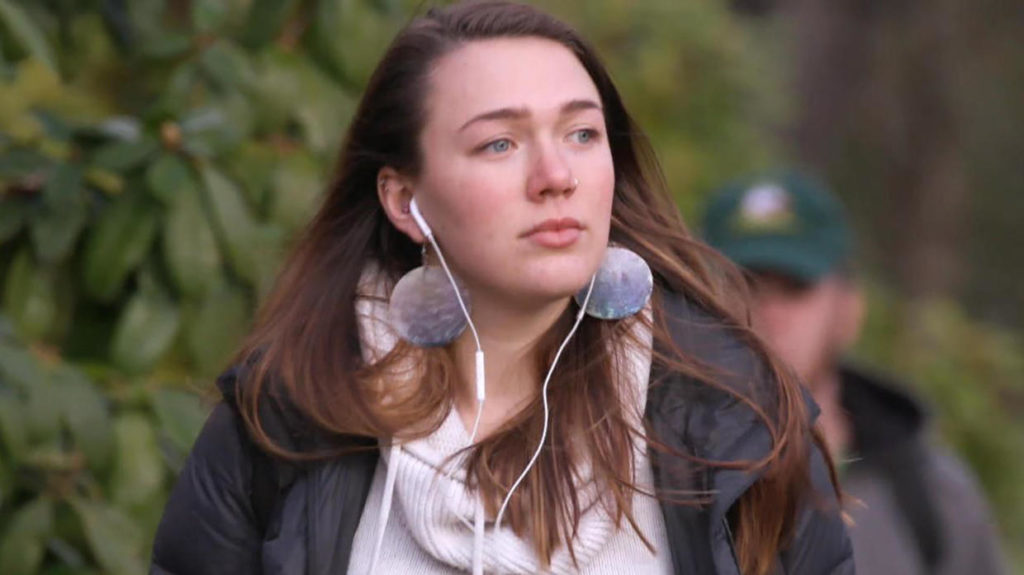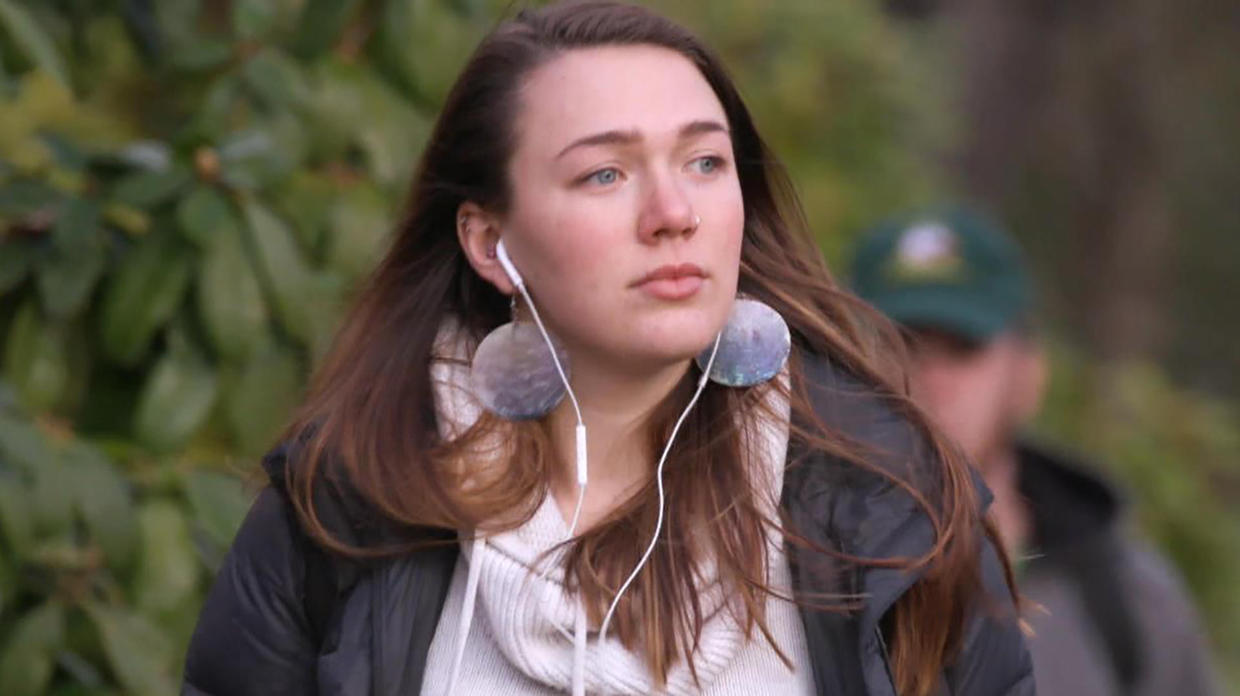Some people talk about climate change, some do something about it and others… well, look at Kelsey Juliana and 20 others who chose to do something big.

In 2015, 19-year-old Kelsey Juliana decided enough was enough.
“There was a wildfire season that was so intense,” Juliana told CBS 60 Minutes reporter Steve Kroft, “we were advised not to go outside. The particulate matter in the smoke was literally off the charts. I mean, it was so bad it was past severe, in terms of danger to health.
“And you think that’s because of climate change,” Kroft said.
“That’s what scientists tell me.
“How important is this case to you?” Kroft asks.
“This case is everything,” Kelsey says. “This is the climate case. We have everything to lose, if we don’t act on climate change right now, my generation and all the generations to come.”
In a separate case, Ventura, California teen Alec Loorz is also suing the federal government in U.S. District Court in Washington, D.C.
“I think a lot of young people realize that this is an urgent time, and that we’re not going to solve this problem just by riding our bikes more,” Loorz said in an interview with The Atlantic.
“The youth — represented, pro bono, by the Burlingame, California, law firm of former U.S. Republican congressman Paul “Pete” McCloskey, a co-founder of Earth Day — filed the suit, Alec L. et. al vs. Lisa P. Jackson, et. al, in May [2011]. Defendants include not only Environmental Protection Agency Administrator Lisa Jackson but the heads of the Commerce, Interior, Commerce, Defense, Energy, and Agriculture departments.”
While other similar cases have been brought to court, Juliana is different.
“The lawsuit asserts,” Wikipedia records, “that the government violated the youths’ rights by encouraging and allowing activities that significantly harmed their right to life and liberty, and sought the government to adopt methods for reducing greenhouse gas emissions. The lawsuit is at the leading edge of an area of environmental law referred to as ‘atmospheric trust litigation,’ a concept based on the public trust doctrine and international responsibility related to the government’s control over natural resources in the interest of public benefit.
“in 2016 U.S. District Court of Oregon Judge Ann Aiken upheld the idea that access to a clean environment was a fundamental right, allowing the case to proceed.”
“So what is this?” Kroft asks Julia Olson, attorney and executive director of a non-profit legal organization called Our Children’s Trust.
“So this is a timeline that we put together… It documents what and when past U.S. administrations knew about the connection between fossil fuels and climate change,” Kroft explains. “The timeline goes back 50 years, beginning with the presidency of Lyndon Johnson.
“So during President Johnson’s administration,” Olson points out, “they issued a report in 1965 that talked about climate change being a catastrophic threat. Every president knew that burning fossil fuels was causing climate change.
“Fifty years of evidence has been amassed by Olson and her team, 36,000 pages in all, to be used in court,” Kroft says.
But here’s the kicker.
In a legal process known as discovery, “The legal proceedings have required the government to make some startling admissions in court filings,” Kroft says. “It now acknowledges that human activity – in particular, elevated concentrations of greenhouse gases – is likely to have been the dominant cause of observed warming since the mid-1900s… That global carbon dioxide concentrations reached levels unprecedented for at least 2.6 million years… That climate change is increasing the risk of loss of life and the extinction of many species and is associated with increases in hurricane intensity, the frequency of intense storms, heavy precipitation, the loss of sea ice and rising sea levels. And the government acknowledges that climate change’s effects on agriculture will have consequences for food scarcity.”
“So you’ve got them with their own words,” Kroft tells Olson.
“We have them with their own words. It’s really the clearest, most compelling evidence I’ve ever had in any case I’ve litigated in over 20 years.”
The suit “argues that the government has failed in its obligation to protect the nation’s air, water, forests and coast lines,” says Kroft. “And it petitions the federal courts to intervene and force the government to come up with a plan that would wean the country off fossil fuels by the middle of this century. …
“Ann Carlson is a professor of environmental law at UCLA. Like almost everyone else in the legal community, she was certain the case was doomed.
“There’s no constitutional provision that says the that environment should be protected,” Carlson says. …I think that Judge Aiken actually does a very good job of saying it’s not radical to ask the government to protect the health, and the lives and the property of this current generation of kids. Look, If you can’t have your life protected by government policies that save the planet, then what’s the point of having a Constitution?”
How consequential is Juliana v. U.S.?
“So enormous,” says Kroft, “that the Trump administration, which is now defending the case, has done everything it can to keep the trial from going forward. It’s appealed Judge Aiken’s decision three times to the ninth circuit court in California and twice to the Supreme Court. Each time it’s failed.”
“They don’t want it to go to trial” Olson explains, “Because they will lose on the evidence that will be presented at trial.
“They know that once you enter that courtroom and your witnesses take the oath to tell the truth and nothing but the truth the facts are the facts and alternative facts are perjury. And so, all of these claims and tweets about climate change not being real, that doesn’t hold up in a court of law,” Olson concludes.
“The Justice Department declined our request for an interview,” Kroft adds, “but in court hearings, in briefs, it’s called the lawsuit misguided, unprecedented and unconstitutional. It argues that energy policy is the legal responsibility of Congress and the White House, not a single judge in Oregon. And while climate change is real it’s also a complicated global problem that was not caused and cannot be solved by just the United States government.
“In other words, it’s not responsible.”
“The trial is currently on hold pending disposition of the government’s interlocutory appeals of certain pre-trial rulings by Judge Aiken,” Wikipedia notes.
In other words, we’ll all just have to wait and see.
Comments











